Malcolm Nunana Hehetror, who goes by the stage name Malcolm Nuna, is a young and vibrant Ghanaian music artist on the rise in Ghana’s music scene.
Nuna was a final year student in Ghana National College, a senior high school, when he released his successful 2019 hit singles “Staircase,” “Here to Stay,” and “Make Up Your Mind.” The following year, he released three more singles, “Man like Nuna,” “Que Sera Sera,” “Small Circle,” and a freestyle track called “Music Heist,” which is proving to show that Malcolm Nuna’s momentum is enjoying steady growth in his home country’s music industry.
“I have always had a love for music, ever since my primary school days. My elder siblings used to play a lot of music records back then, which had me intrigued and eventually helped me gather the courage to record my first song in senior high school 1,” says Nuna on what got him into music in the first place. Nuna also credits the debut album, Good Intentions (2012), from fellow Ghanian artist Dappy, as the inspiration for him to start writing music.
A first-year student in UPSA studying business administration, Nuna, signed under Alkians Entertainment, continues to pull all the stops to put out good music. January 2021 saw the release of his debut album, Hasta La Vista, which was well-received through massive airplay on radio, tv, and online with increased streaming on music download platforms. The 17 track album features well-known Ghanaian music artists such as Kofi Mole, Yaw Tog, Dead Peepol, Tulenkey, and Fameye.

Nuna describes his genre of music as “Afro-Fusion” because he creates songs through his own version of hip-hop and Afrobeat blends. His favorite song to perform is “Money Man,” featuring Hotkid, and he hopes to open a show for Drake someday. On who he would like to collaborate with in the future, he says, “I would love to collaborate with several artists like Sarkodie, Kwesi Arthur, Drake, Davido, Wizkid, and many others.”
In March this year, Nuna won the award for 3music’s “Next Rated Star” category. He’s currently a nominee in the “Unsung” category of the upcoming Vodafone Ghana Music Awards and a nominee in 4syte TV’s Music Video Awards in the “New Lords” Category slated for 2021.
According to him, the best advice he’s received through his musical journey so far is to stay humble. While he continues to work towards his next album, he hopes to see the music industry in Ghana continue to grow through unity and more collaboration between artists.
To his fans and all who have supported him, Nuna says, “I would like to tell my fans how much I love them and how much I appreciate the support they have been giving me. I’m not going to disappoint them.”
Stay Social With Malcolm Nuna
Instagram: @malcolmnuna
ABOUT GHANA’S MUSIC SCENE
According to wikiwand.com, the traditional musicology of Ghana may be divided geographically between the open and vast savanna country of northern Ghana inhabited by Ghanaians of Gur and Mande speaking groups; and the fertile, forested southern coastal areas, inhabited by Ghanaians speaking Kwa languages such as Akan.
The northern musical traditions belong to the wider Sahelian musical traditions. It features a mix of melodic composition on stringed instruments such as the kologo lute and the gonjey fiddle, wind instruments such as flutes and horns, and voice; with polyrhythms clapped or played on the talking drum, gourd drums or breketebass drums.
The tradition of gyil music (balafon) is also common, especially in northwestern Ghana around Waand Lawra. Music in the northern styles is mostly set to a minor pentatonic or chromatic scale and melisma plays an important part in melodic and vocal styles. There is a long history of either griot or praise-singing traditions.
The music of the coast is associated with social functions, and relies on complex polyrhythmic patterns played with drums and bells as well as harmonized song.
Drums and dance are often linked, and the tradition of royal talking drums fontomfrom (distinct from the northern talking drum) means music is widely used for communication of both tangible and esoteric topics. The most well known of southern Ghanaian drum traditions is the kete and adowa drum and bell ensembles.
Music can also be linked to traditional religions. An exception to this rule is the Akan tradition of singing with the Seperewa harp-lute which had its origins in the stringed harps of the north and west.
Want the latest posts, offers, and exclusive content straight to your inbox? Subscribe to our newsletter and never miss out again. See more Culture here.



